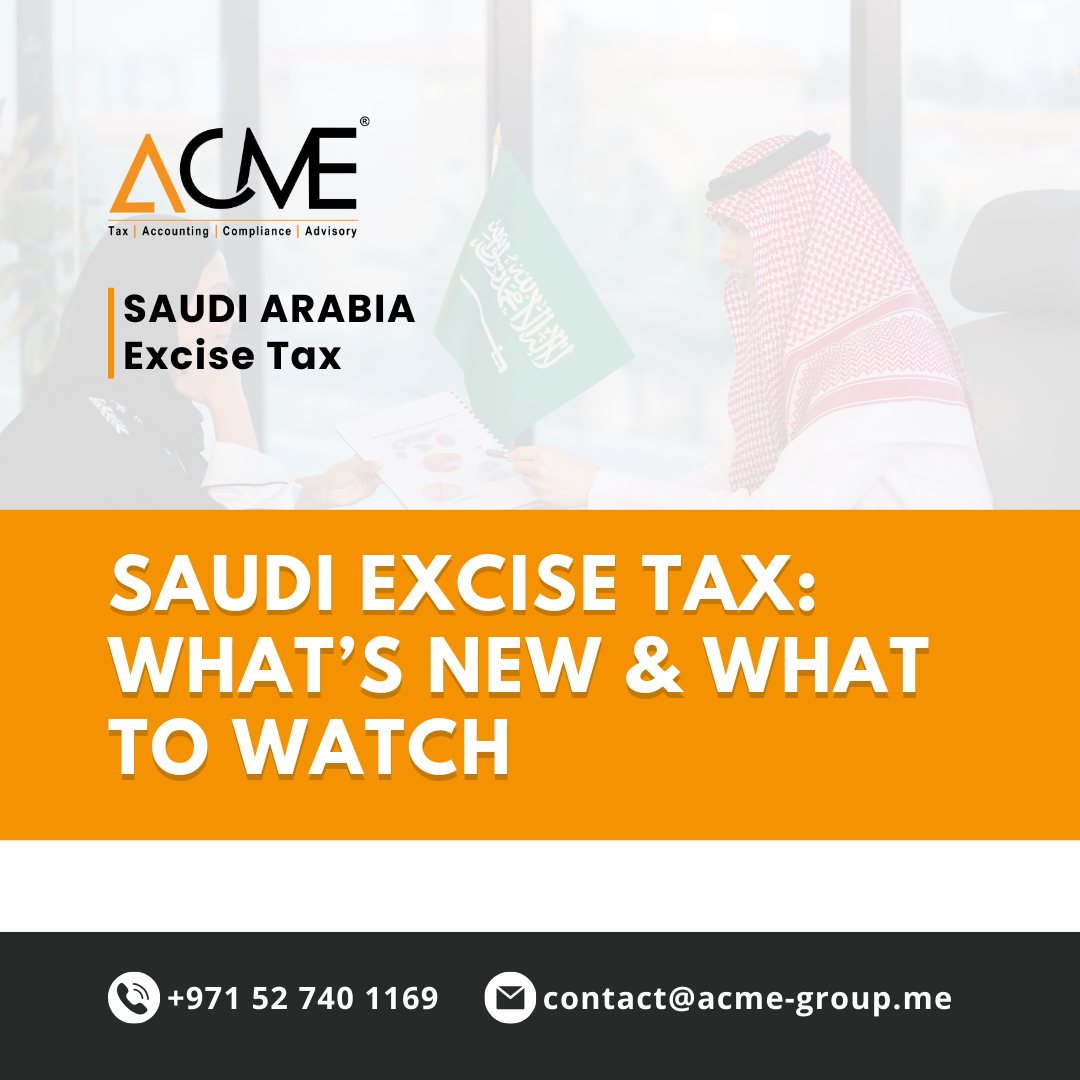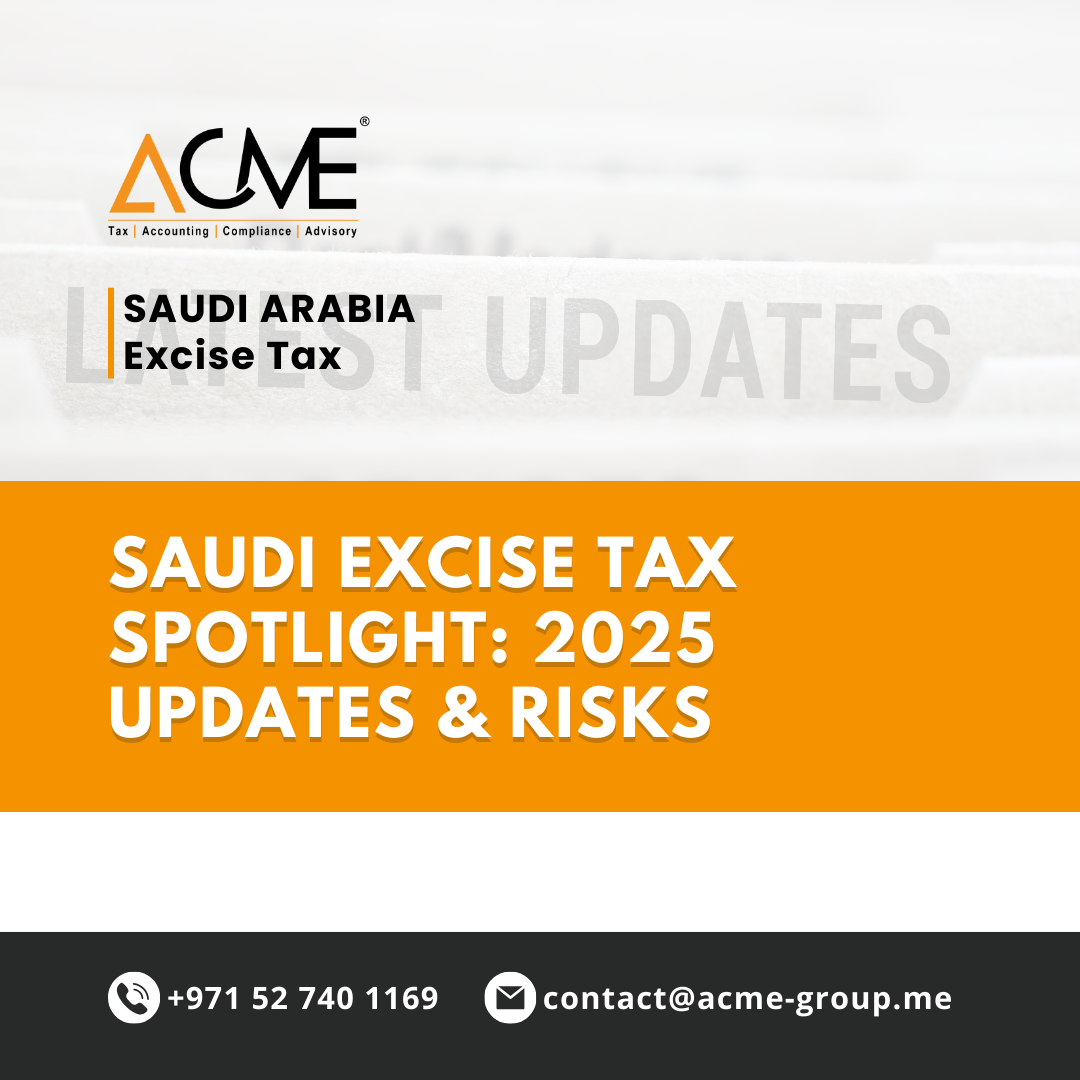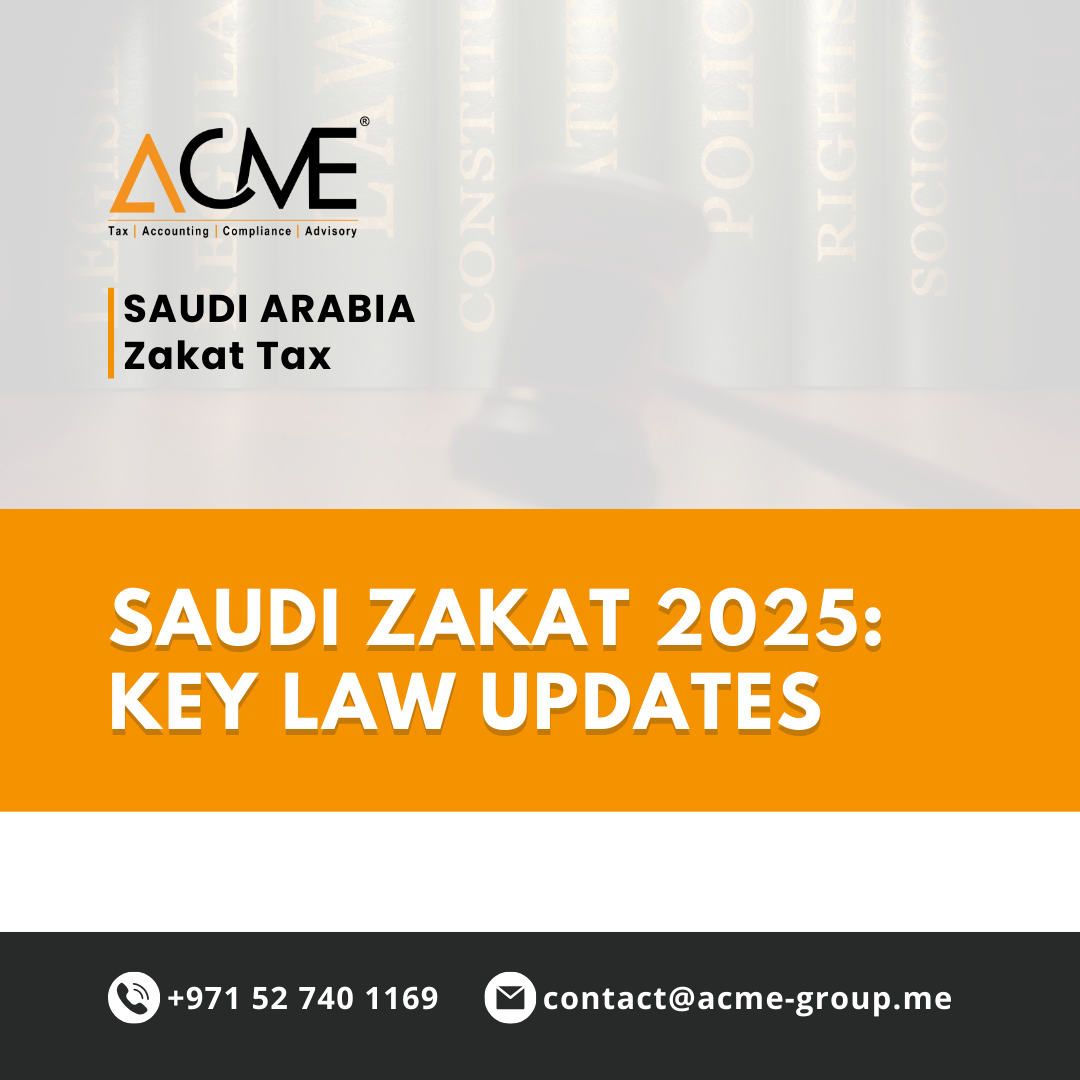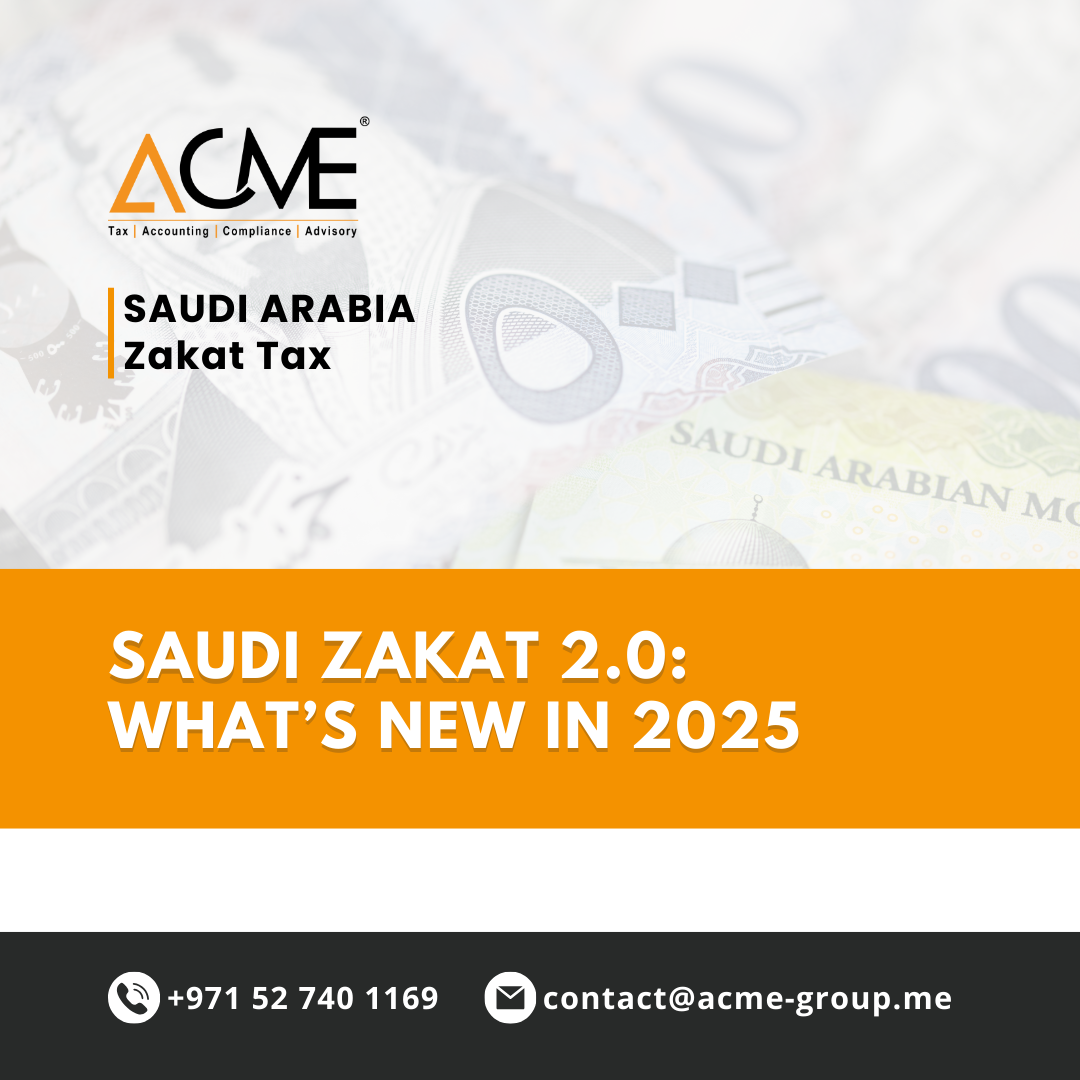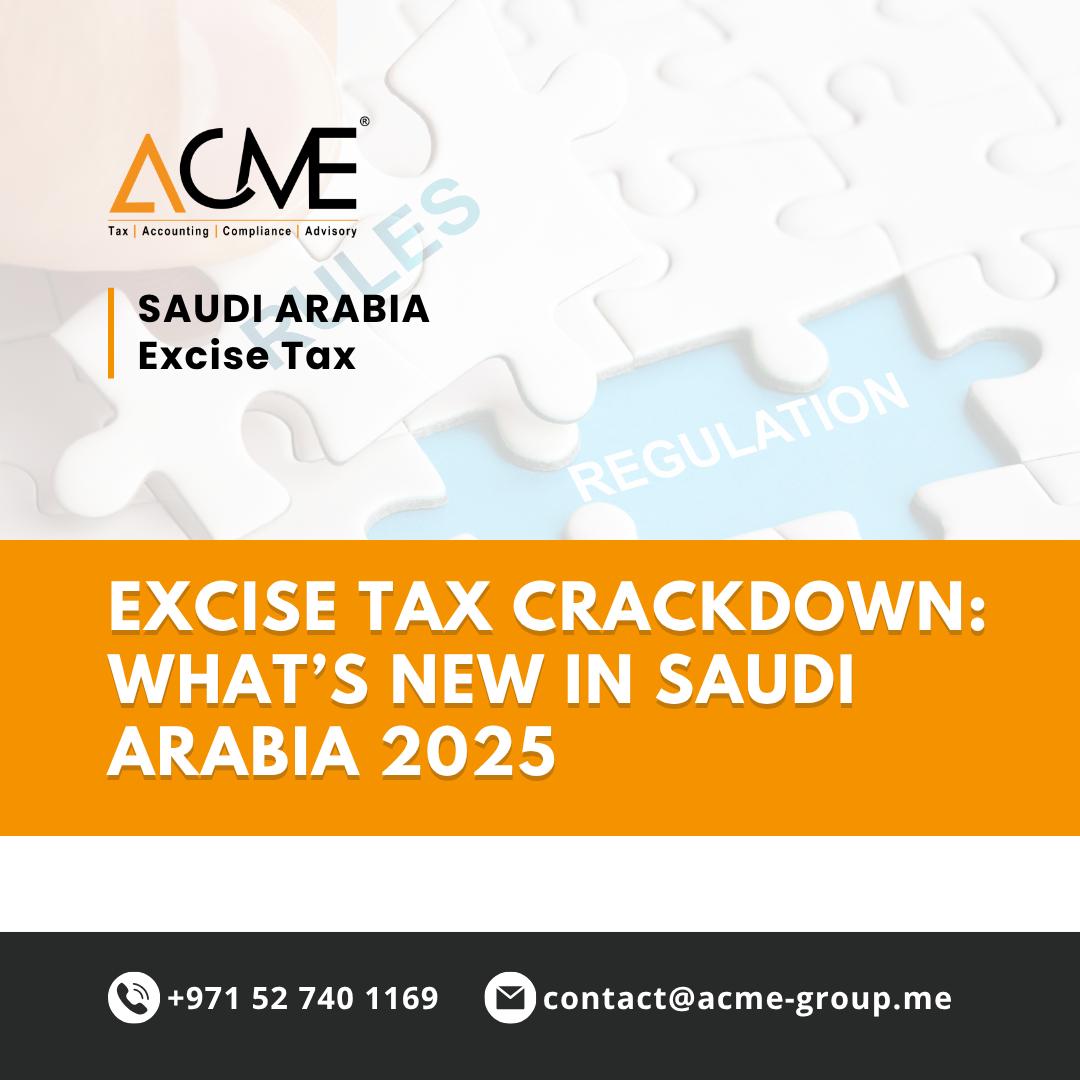In the context of UAE Corporate Tax, the distinction between taxable business income and excluded real estate investment income can sometimes be complex, especially when a natural person owns land or real estate in a non-business capacity but also operates a business that requires a license.
1. Real Estate Investment and Corporate Tax Exclusion
Real estate investment income is disregarded when determining turnover, meaning it is not subject to Corporate Tax, regardless of the income amount. This exclusion applies to real estate income derived purely from investment activities, provided the property is not part of a business activity conducted by a natural person through a license.
2. When the Exclusion Does Not Apply
The exclusion does not apply when the real estate property or land forms part of a business or business activity conducted by a natural person. If a person uses their real estate within the scope of a licensed business, then any income earned from that property would be subject to Corporate Tax, as it would no longer be considered “real estate investment income.”
For instance, if a person operates a business in real estate—such as leasing or selling commercial properties—any income derived from these activities would not fall under the Real Estate Investment exclusion.
3. Real Estate in Non-Business Capacity
A natural person may own land or real estate in a non-business capacity while also running a licensed business. In this scenario, it’s essential to assess whether the income earned from the land or real estate is genuinely related to investment activities. If the income is from the personal sale of a property (such as selling a personal residence), it could still benefit from the exclusion, as it is not tied to a business activity.
However, if the land or property is used in the context of a business or business activity, the income generated would likely fall within the scope of Corporate Tax, even if the property is not part of the business itself.
4. Self-Assessment and Documentation
Under the self-assessment principle, a natural person must be able to clearly separate the income derived from real estate investments from that earned through their business activities. This distinction is crucial for determining whether the income qualifies for the Corporate Tax exclusion. For example, if a person with a licensed real estate business sells a personal residence, this transaction could be excluded from corporate tax as long as it is not part of the business activity.
5. The Role of Licensing
If a person’s business or business activity requires a license, and the income from real estate is linked to the licensed activity, then the income would fall under the scope of Corporate Tax. On the other hand, if the real estate activities are separate from the licensed business activities, they may still qualify for the Real Estate Investment exclusion.
Conclusion
The key takeaway is that the exclusion from Corporate Tax for real estate investment income applies only when the income is derived from investment activities and not from business operations that require a license. For natural persons, it’s critical to differentiate between real estate income earned in a non-business capacity and income earned as part of a business activity. Clear documentation and a transparent self-assessment process are essential to ensure the appropriate treatment of such income under UAE Corporate Tax rules.
summary
In the UAE, real estate investment income is generally excluded from Corporate Tax, as it is not considered part of turnover. However, this exclusion does not apply if the real estate is used in connection with a business or business activity that requires a license. A natural person must clearly differentiate between income from real estate investments and income from business operations to benefit from the tax exclusion. Proper documentation and self-assessment are crucial to ensure that income from personal real estate activities, like selling a personal residence, remains exempt from Corporate Tax.
Disclaimer : The Content offer general guidance and should not be considered legal, financial, or tax advice. Consult qualified professionals for personalized guidance. While efforts have been made to ensure accuracy, no guarantee is provided for completeness or applicability to individual situations. Users are responsible for interpreting and actions based on this information, at their own risk.
For understanding more about Corporate Tax, VAT, Excise Tax, Financial Services, Advisory Services, reach out to us on:contact@acme-group.me | +971 52 740 1169.
This article was published on 20 June 2025.
Download Corporate Tax Resources
-
Corporate Tax Calculation Guide
A simple guide to help you calculate corporate tax with ease.
-
Corporate Tax Checklist
Prepare with confidence for corporate tax returns and meet the regulatory obligations smoothly
-
Small Business Relief Guide
Our comprehensive guide simplifies complex regulations, and help you make informed decisions.
-
Transfer pricing guide
Refers to the rules and methods for pricing transactions between related entities within a multinational group.
Related Posts
Saudi Excise Tax: What’s New & What to Watch
Key Points: ZATCA’s Implementing Regulations for excise tax (Resolution No. 9‑1‑17, as amended) define all the updated rules for excise goods in the …
Saudi Excise Tax Spotlight: 2025 Updates & Risks
Key Points: ZATCA’s excise‑tax regime applies to producers, exporters, and holders of excisable goods under suspension or transitional phases. Producers must file …
Saudi Zakat 2025: Key Law Updates
Key Points: ZATCA’s Implementing Regulation for Zakat Collection (MR 1007, 1445H) now applies to fiscal years starting 1 Jan 2024 and replaces …
Saudi Zakat 2.0: What’s New in 2025
Key Points: New Zakat regulation (MR 1007, 1445 H) applies for fiscal years starting on or after 1 Jan 2024. Calculation method …
Excise Tax Crackdown: What’s New in Saudi Arabia 2025
In 2025, Saudi Arabia’s Zakat, Tax and Customs Authority (ZATCA) introduced updates to the Excise Tax Implementing Regulations to enhance compliance monitoring …
Join our Newsletter!
Receive updates on the latest News, Events, Webinar and more.
Our Services
-
Tax ServicesTax Services
-
Financial ServicesFinancial Services
-
AdvisoryAdvisory
-
ComplianceCompliance
Explore More
-
About UsAbout Us
-
Privacy PolicyPrivacy Policy
-
Contact UsContact Us

